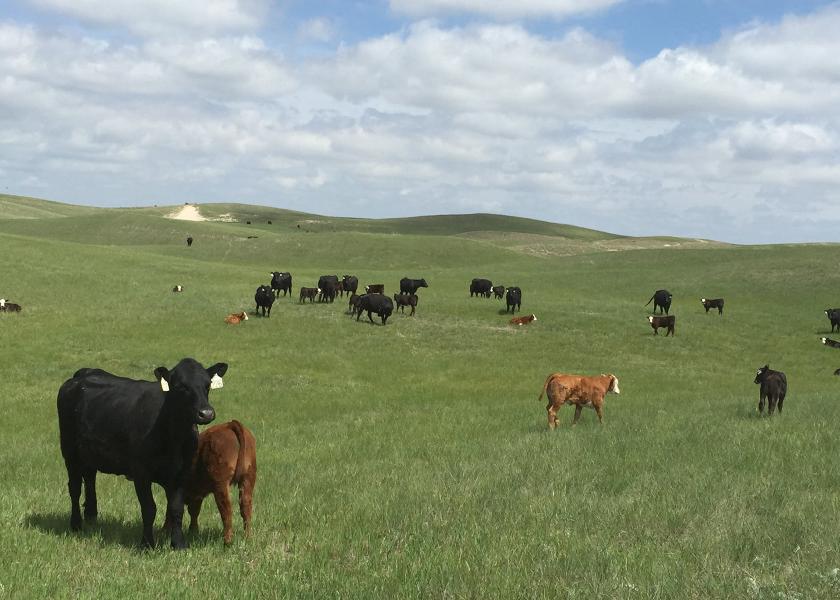Be Aware of Manganese Deficiency Risks this Winter

Minerals are essential for health and reproductive success of the cow, but also support fetal development. We easily overlook minerals and vitamins in gestating cow diets, so now is the time to plan for a strong calving season. Manganese is an essential trace mineral and deficiencies have increased in recent years. Manganese supports cartilage formation and bone growth and calves born with manganese deficiency often cannot stand properly. One characteristic sign of manganese deficiency is exposure of the bottom row of teeth, as the nose is full of cartilage and is underdeveloped in deficient calves.
In many cases, manganese deficient cows were wintered almost exclusively on corn silage. Often there was no supplement provided, but even when manganese was supplemented at or above recommendations, cases of deficiency were observed. Corn silage analysis revealed excessive concentrations of iron. Iron is abundant in soil and can contaminate corn silage during harvest or if silage is stored on a dirt pad. Under conditions of low pH, such as occurs during normal fermentation of silage, iron in the soil becomes available to the cow for absorption. Unfortunately, iron competes with manganese for intestinal absorption. When too much available iron is consumed the body shuts down absorption to prevent iron toxicity, and manganese absorption is decreased.
To prevent manganese deficiency in your herd this winter, consider the following strategies:
- Get a nutrient analysis of your silage, including the minerals to see if high iron is a problem (higher than 300 ppm iron is suspect.)
- Include minerals and vitamins in your supplement.
- Monitor cattle intake if you are using a free choice mineral, and
- If you know your silage is high in iron provide at least 60 ppm manganese in the diet and consider a more bioavailable form of Mn (like a chelated Mn, or use an injectable Mn).
Optimal mineral nutrition of gestating cows will not only support health and production of the cow but also ensure her calf gets off to a good start in 2021.







